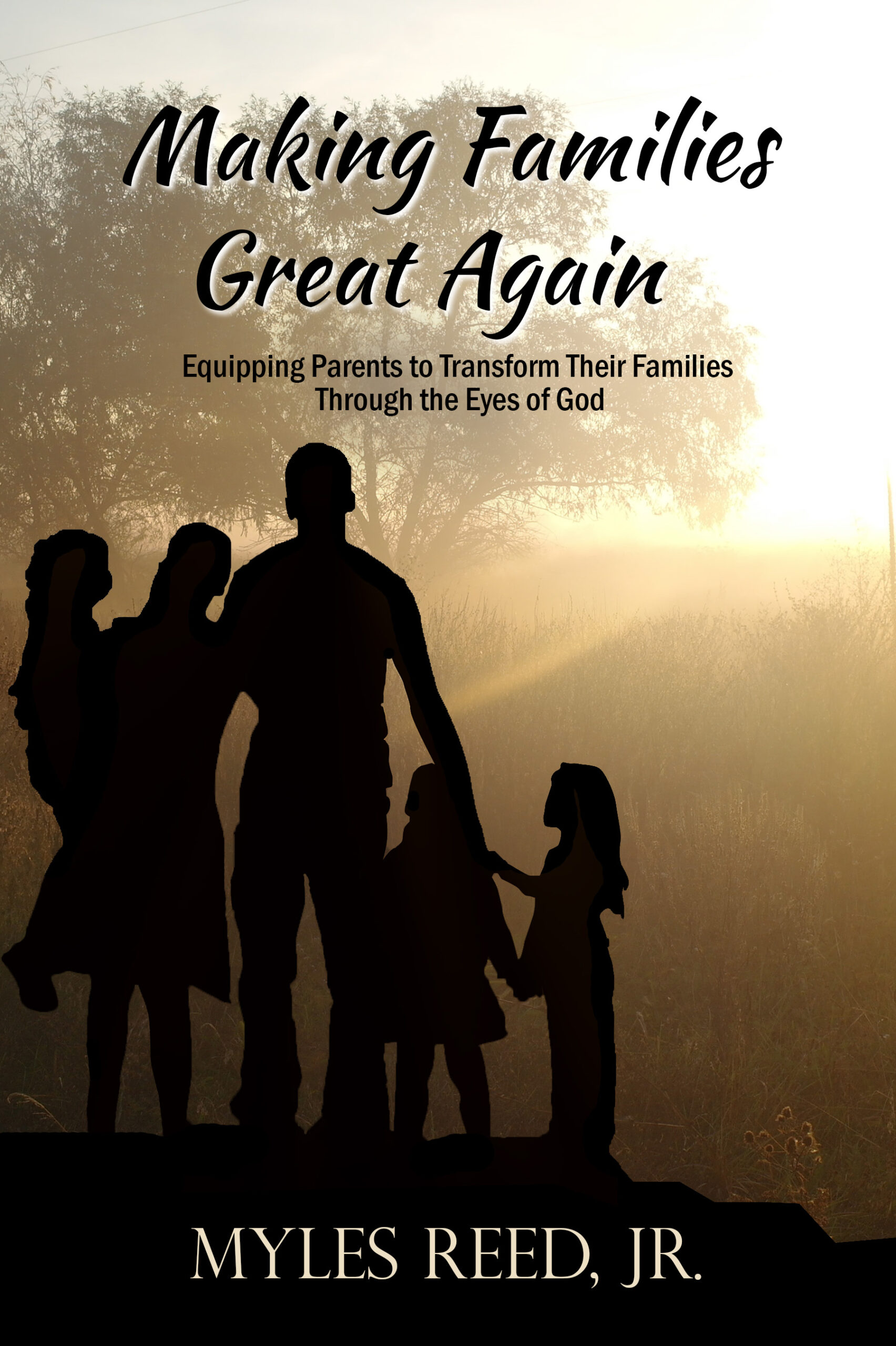
The qualifiers like absolutely, all, always, completely, fully, quite, really, totally, truly, and very may seem important to the writer, but for the reader, they’re empty, void of much meaning and should usually be avoided.
- We can’t wait to hear all about your adventure.
- Sometimes we are totally oblivious to the fact.
- I had a very special bond with my dad.
- I had truly convinced myself that this kind of pain was dead.
- I was completely unprepared for the day.
- I fully expected the police to show up.
- I am a totally different person.
- The bathroom door always remained open in case I needed a quick getaway.
Since all events occur at a precise moment, everything that happens is immediate and sudden, so immediately and suddenly contain no added meaning. When we describe one event after another, we don’t often need next or then, which is obvious.
- The fire suddenly popped and a spark flew.
- He immediately knew what to do.
- Michael glanced up at his mother and then back to David.




 Character is a critical key to becoming a person of quality, and it starts in the home!
Character is a critical key to becoming a person of quality, and it starts in the home!